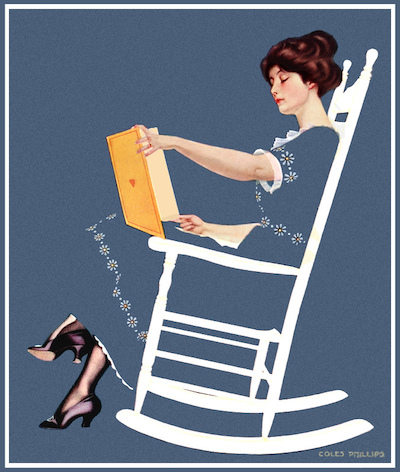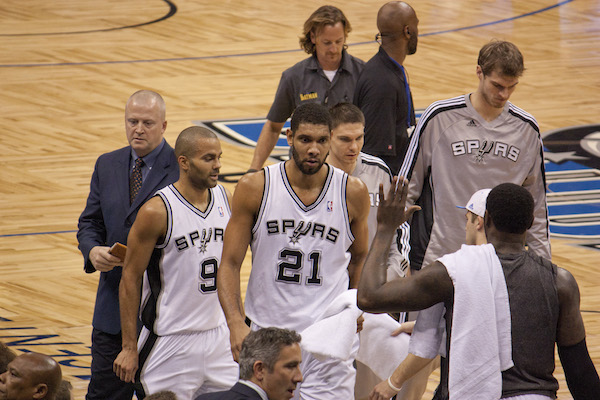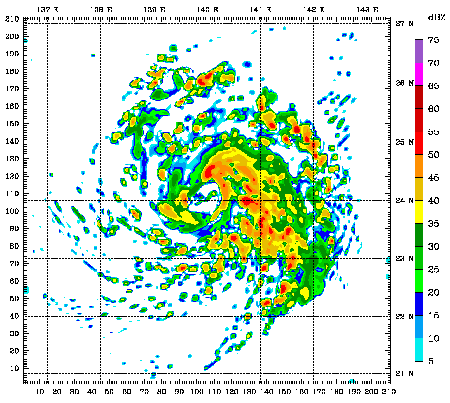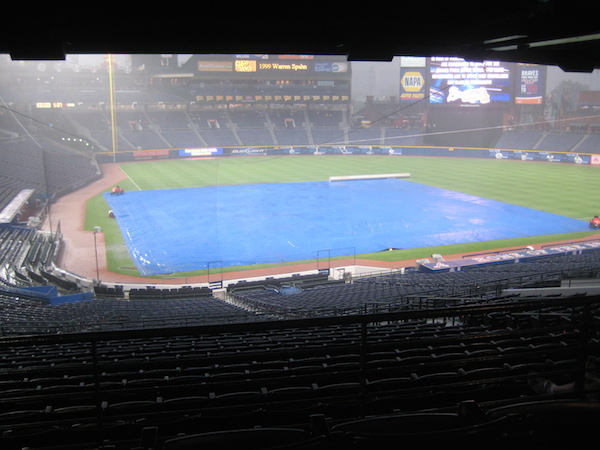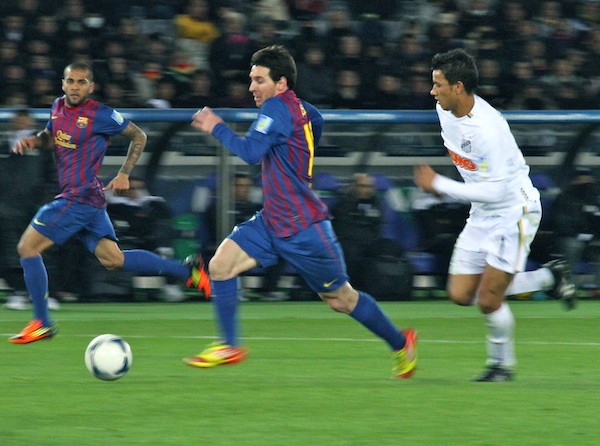As with the rest of the world, sports cultures are constantly in flux. Nowhere is free from the push and pull battle between honoring and conserving the past and pushing the present towards what we think the future should look like. These three stories show different elements of that battle from sport to sport, region to region, and issue to issue.
A Tactical Shift Sweeps Soccer, Only It Comes From the Police
by Sam Borden for the New York Times
For at least the past fifty years, soccer matches across the world have been popular vehicles through which to fight political or cultural battles. All to often these fights have literally been fights — mass mob violence. In an attempt to prevent violence at soccer matches, police have traditionally sought to overwhelm any trouble-makers with large numbers of well-armed and armored police. Just recently, some police forces have begun to take a more gentle and perhaps ultimately more effective approach.
The most dangerous factions of fans, security officials said, are generally the splinter groups or unaffiliated organizations that support a particular team. Many of these groups have political affiliations or ideologies, which can make their interactions more combustible.
While some cities — particularly in Eastern Europe, Mr. Martins said — have stuck to the older philosophy of using loads of officers carrying lots of weapons, a more peaceful strategy is growing in popularity. Instead of using “batons and barking dogs” to keep the peace, Mr. O’Hare said, the goal is to shepherd visiting fans to a particular area of the city and then help accompany the fans to the stadium.
The National Women’s Hockey League: Impatience Is A Virtue
by Kate Cimini for The Hockey Writers
Women’s sports have made an amazing amount of progress since 1972 when Title Nine went into affect, forcing all federally funded institutions (basically all schools) to provide equal opportunities for women. One of the largest deficits remaining is in the ranks of professional leagues for women’s team sports. The most successful of women’s leagues has been the WNBA which from its start was operated and subsidized by the men’s league, the NBA. None of the other major men’s sports leagues have followed suit by supporting a women’s league in their sport. Recently a group of people decided not to wait any longer for the NHL to initiate a women’s league but to do it themselves. I wish them luck and am excited that one of the original four franchises will be located in my new home town of Boston. I will be a fan!
The National Women’s Hockey league held its launch party Monday night at Chelsea Piers in New York City.
One thing was clear: the NWHL was born out of impatience. Impatience for women’s sports to be recognized as important, impatience for the next step, for women not only to have a place to continue to play hockey (as the CWHL allows) but to give them the ability to dedicate more of their time to it, as money affords time and opportunity.
Five gay college basketball coaches speak from the closet
by Cyd Zeigler for Out Sports
Despite rapid change in the outside world, the plight of homosexual men and women in the sports world remains annoyingly, frustratingly stagnant. Believe it or not, despite more than 300 schools competing in both men’s and women’s college basketball, there isn’t a single openly gay head coach. Cyd Zeigler, who does a wonderful job covering the gay sports beat, got a group of closeted gay coaches together and wrote their stories (while protecting their identities) of fear and anxiety with empathy and indignation.
Why would a closeted gay coach take a job where he had to sign an anti-gay lifestyle contract? College basketball coaching jobs aren’t exactly plentiful. There’s stiff competition for each opening from the head coaching spots on down the line. For someone recently out of college with no coaching experience, that first job is essential to his career.
Plus, his head coach knew Thomas was gay.
“It was the first question my coach asked me when he interviewed me,” Thomas said. The coach didn’t care as long as Thomas kept it quiet. “He needed a black assistant coach. I played at a high level. My knowledge of the game and skills-training were good. I was the one who related to the kids. He needed me.”
Fear of getting another job was pervasive in all of my conversations with these five coaches. There is a clear assumption — by them and the people in the profession closest to them — that by coming out publicly their chances of advancing in the profession will be dead.

